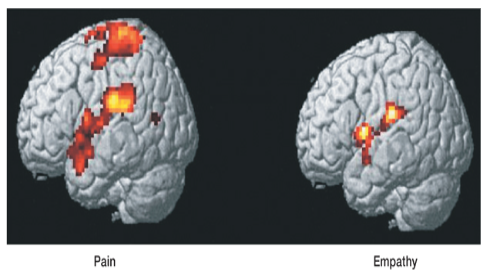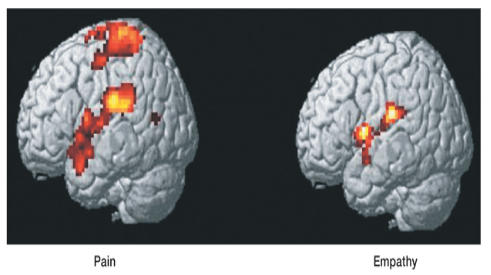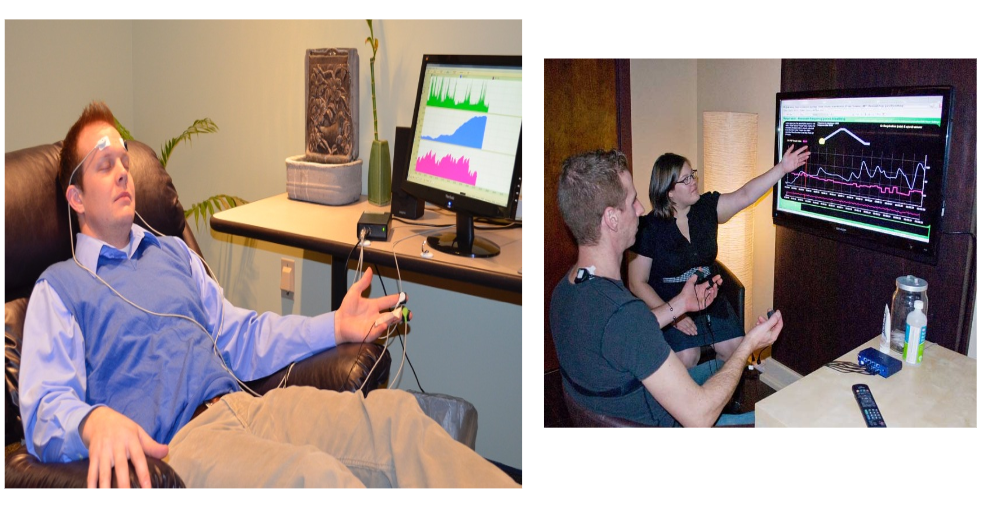Social and Cognitive Factors in Learning
1/13
Earn XP
Description and Tags
Very self-explanatory title
Name | Mastery | Learn | Test | Matching | Spaced | Call with Kai |
|---|
No study sessions yet.
14 Terms
Observational Learning
just by watching others, we can learn to anticipate a behavior’s consequences
Modeling
the process of watching and imitating a specific behaviors
trial, error
imagine not being able to learn by watching others, we’d have to do everything through ? and ? in life
Vicarious Reinforcement
Watching others recieve reinforcement for their behavior tends to make you feel motivated to imitate their behavior
Vicarious Punishment
Watching another person receive punishment for their behavior tends to make you feel less motivated to imitate their behavior
similar, successful
We like to learn from people who are ? to us, ?, and admirable
prosocial, antisocial
children tend to imitate models regardless of whether the behavior is ? or ?
Prosocial
positive, constructive, and helpful behaviors
Antisocial
negative, destructive, and unhelpful behaviors
consistent
modeling is most effective when actions/words are ?
Theory of mind
young children’s brains show capacity for empathy and the ability to infer another person’s mental state
frontal lobe, mirror
the brain’s ? has the ability to ? the activity of another’s brain

Mirror Neurons
frontal lobe neurons that are believed to fire when performing certain actions or observing others performing them

Biofeedback
a therapeutic technique that uses visual/auditory feedback to gain control over usually involuntary bodily functions like heart rate, tension, and blood flow
teach the patient how to control and relax their body
